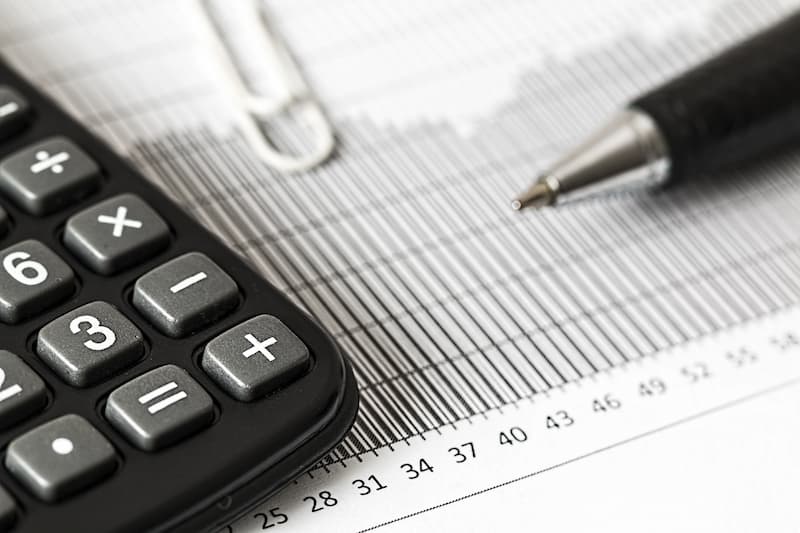A few weeks ago, the local county tax assessor sent appraisal staff through the neighborhood. They poked around the back yard, took some measurements, and were off, all to make sure the value of my home was accurately recorded with the county. Though I have no plans on selling soon, how they value my home will be useful for me for insurance purposes and potential financing should I ever want to take equity out of my home. It will also be helpful for my neighbors in determining a selling price for their homes should they decide to leave the neighborhood. It’s just good information to have. Knowing the value of something so big in my life is important.
When speaking with potential new clients, I often find they haven’t had a professional valuation of their business done. Maybe they don’t want to spend the money or maybe they think it isn’t necessary because selling the business isn’t on their mind. It’s funny, really. People easily understand the need to value big ticket items in life -- homes, cars, heirloom or engagement jewelry -- for insurance or other purposes. But business valuation? It escapes their mind. Makes you wonder.
The fact is, every business owner should obtain a professional valuation. It will be handy at the time of sale, yes, but the reasons don’t stop there. Here’s why we most often suggest it:
- Life (and death) happens.
When the owner of a company dies, faces health issues, or becomes incapacitated, business operations are significantly impacted. Like it or not, your family or co-executives might need to sell your business quickly. Having a current business valuation will take a major burden off their plate. - Expect the unexpected.
If a potential buyer came to you out of the blue, with an exciting offer to buy you outright or merge, would you be ready? Sometimes, the stars align and the right opportunity presents itself -- with a quick time frame, however. An up-to-date valuation will allow you to take advantage of that opportunity and negotiate the quick transaction with potential buyers.
Sometimes, this unexpected is a natural disaster. We’ve spoken about the need to disaster-proof your business so that you continue to make money during and after a natural catastrophe. Keep in mind, however, that you’ll likely need to file an insurance claim following a flood, tornado, fire, etc. An accurate business valuation will ensure you are compensated fairly. - You may want to bring on new partners (or have them leave).
If new partners or family members join the business, you’ll need to determine the buy-in price. You’ll only get a fair amount if your business has been properly valuated. Similarly, if one leaves, you need give them a fair -- fair to them and to you -- departing payout. - You need an exit strategy anyway.
Even if retirement isn’t happening soon, you should always be considering it. Knowing the value of your business will help you construct an exit strategy, examine estate plans, and minimize tax obligations. In many cases, the value of a business represents a sizable percentage of your net worth, so working on an estate plan is impossible without an accurate valuation. - Financing
You’ll likely need a loan at some point. Whether it’s for expansion or construction, an up-to-date business valuation will likely be part of the loan decision process. Likewise, if you seek additional investors at some point, they are going to want to see a full company valuation report and projection. Investors like to see where their money is going and how investing in your company is going to provide them a good return. You are more likely to gain the attention of potential investors if they can see that betting on your company is not only safe, but will put more money back into their pockets.
Our firm is experienced in performing business valuations and your ‘why’ (why you want it done) will direct our approach. That’s an extremely important point that many other CPA or law firms miss when they are asked for valuation advice. Why you need the valuation done is just as important as company size, financial performance, business drivers, economic conditions, and other metrics used in assessing your company’s value. I have seen many business valuations simply miss the mark because they miss the ‘why’.
Whatever your need, the key takeaway here is to have the business valuation done now and again every two years. Do not allow laziness or fear of cost or anything else get in the way of having it done. You know the value of your company because you’ve put everything you have into building it. It would be a real shame for others to miss it.






